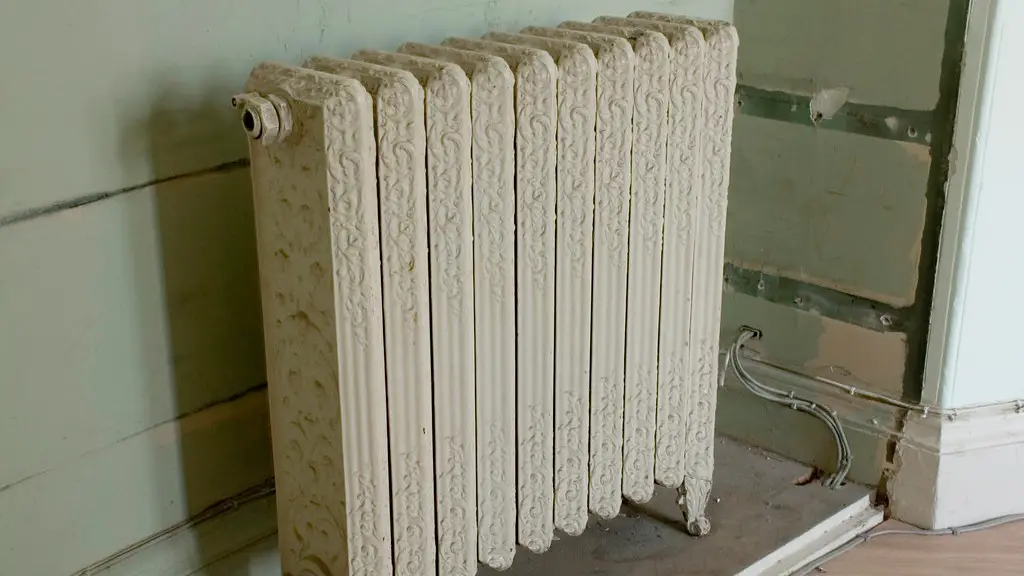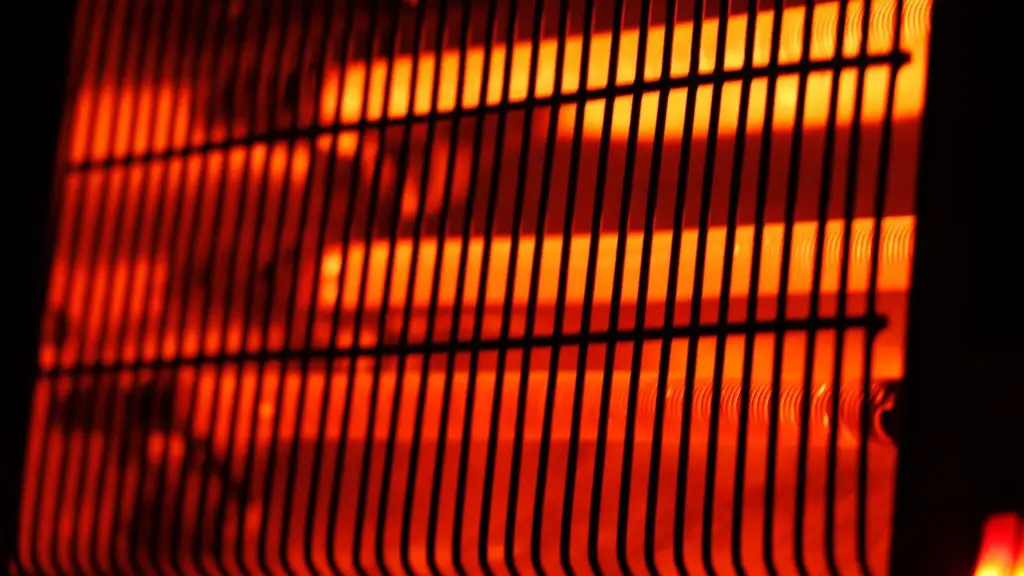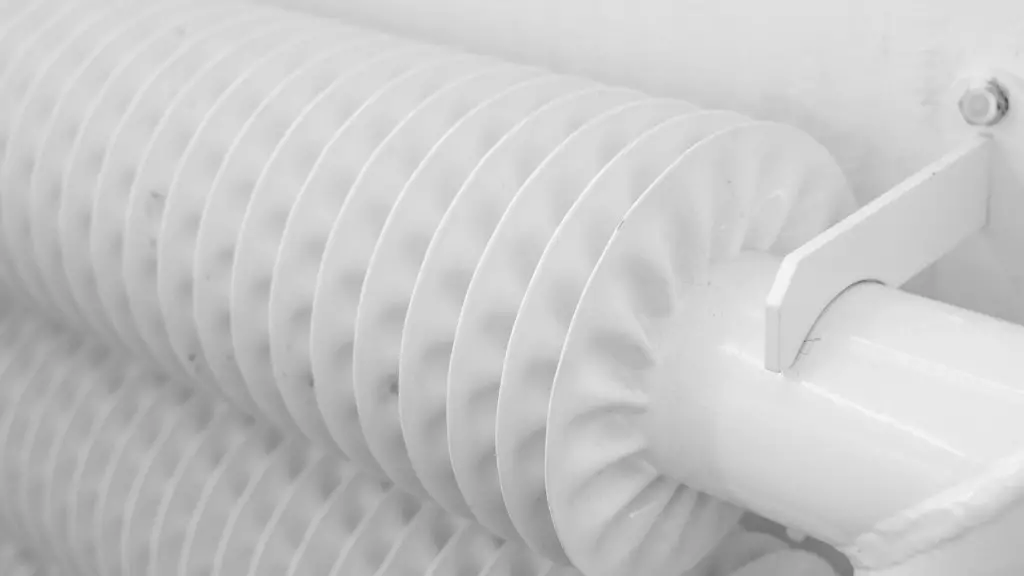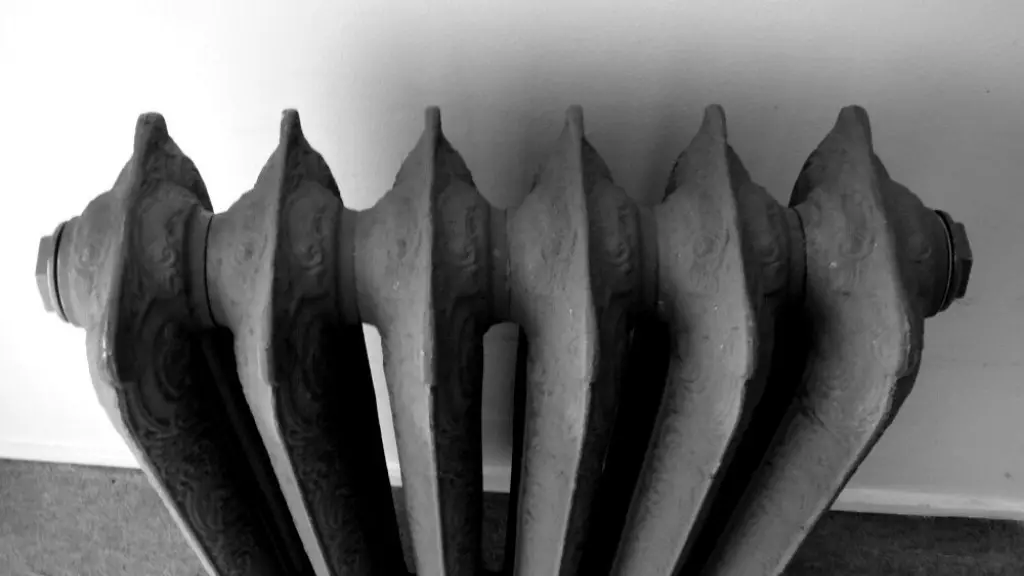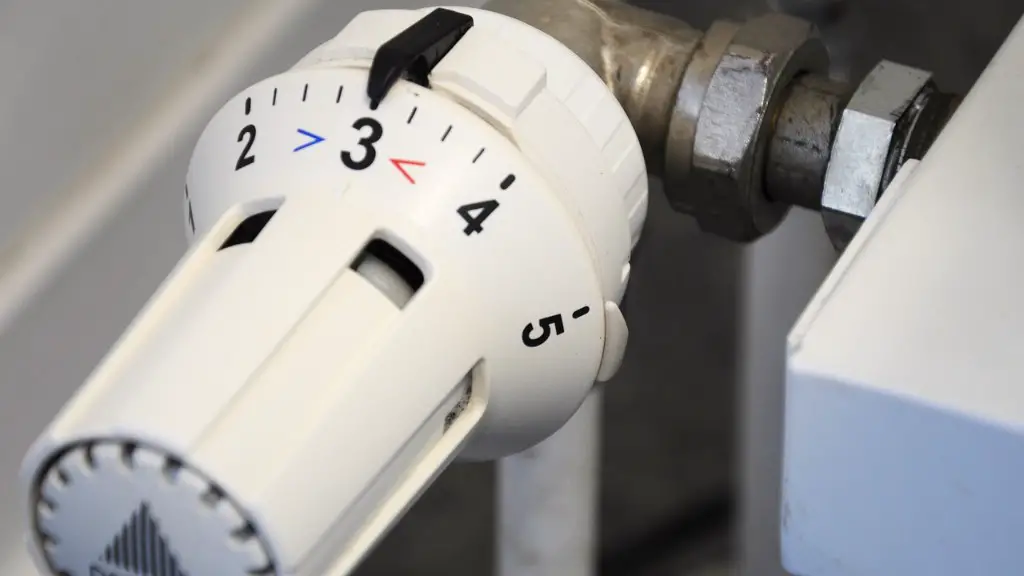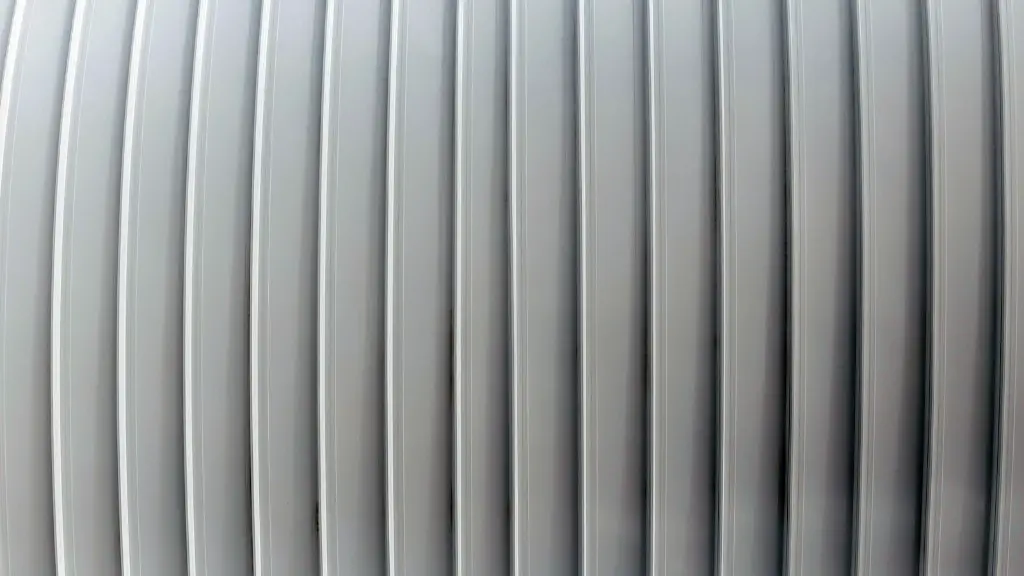Every car owner will eventually be faced with the question, “Do I need a new radiator?” The answer isn’t always as simple as a yes or no. There are a few factors that need to be considered before making a decision. The first is the age of your car. If your car is more than a few years old, it’s likely that the radiator is original. That means it’s probably not as efficient as a newer model and it may be time to upgrade. The second factor is the condition of your radiator. If it’s leaking or otherwise damaged, then you definitely need a new one. However, if it’s in good condition, you may be able to get by with a repair. The third factor is the cost. Radiators can be expensive, so you need to weigh the cost of a new one against the cost of repairs. If you’re not sure what to do, consult a mechanic. They can help you make the best decision for your car.
If your car is leaking coolant, overheating, or if the coolant isn’t circulating properly, then you might need a new radiator.
How do I know if my radiator needs to be replaced?
There are several signs that you may need a new radiator. If the needle on your temperature gauge is constantly running at the hotter end then there could be an issue. Additionally, if your car is overheating, leaking or low on coolant, or if the radiator appears to be discolored or has sludge buildup, then these could also be indications that a new radiator is needed.
If you notice your temperature gauge reading higher than normal, this could be a sign that your radiator is clogged or faulty. Another symptom to watch out for is if your radiator is leaking coolant. Additionally, if you notice any radiator hose troubles or a change in coolant color, these could also be indicative of a clogged or damaged radiator. Finally, if you see that the radiator fins are bent or broken, this is another telltale sign that something is wrong with your radiator. If you notice any of these symptoms, be sure to take your car to a mechanic to get it checked out as soon as possible.
How often does a radiator need to be replaced
There are a few signs that your radiator may need to be replaced, such as:
-Your vehicle is overheating frequently
-There is coolant leaking from your radiator
-Your radiator is corroded or has holes in it
-Your vehicle is losing coolant quickly
Your car will consistently get overheated if you put off getting a repair. Your radiator is what helps keep your engine cool. If you don’t get it fixed, you could be dealing with a car that is constantly overheating.
What is the average lifespan of a radiator?
Your automobile’s radiator is responsible for storing and cooling off the coolant. This helps to keep the engine’s temperature within the normal range. The average lifespan of a radiator varies between three years and 10 years. In some cases, the radiator can last longer than 10 years.
On the low end, you can expect to pay around $1,000 for a radiator replacement. However, some replacements can cost as much as $3,500. The majority of radiator replacements end up costing around $1,500. So, if you’re looking to get your radiator replaced, you can expect to pay somewhere in that range.
Is it OK to drive with bad radiator?
If you have a cracked radiator, it’s important to get it fixed as soon as possible. Driving with a cracked radiator can be dangerous because the engine may overheat. A cracked radiator doesn’t allow the proper amount of coolant to reach the engine, which can cause the engine to overheat.
Maintaining the optimal operating temperature for your engine is essential for peak performance and minimizing wear and tear. Upgrading to a performance radiator can help your car stay in that sweet spot, allowing your engine to produce the most horsepower possible without overworking itself.
Can you drive with a bad radiator
If your radiator is failing, it is important to stop driving immediately. Driving with a vehicle in disrepair is incredibly dangerous, and it could damage your vehicle further. Find a safe place to pull over, and shut off the engine. Don’t turn the engine back on until your radiator is repaired.
The cooling system is a vital part of your automobile. It is responsible for keeping your engine cool and ensuring that it doesn’t overheat. When there are problems with the cooling system, it is advisable to repair it yourself or get an auto mechanic to repair it for you as soon as possible. Ignoring the problem can lead to serious engine damage, so it is best to take care of it right away.
What causes a car radiator to fail?
Rust is the number one cause of radiator failure over time. There are various chemical reactions that can cause rust to start forming, salt and humidity are other factors. When rust starts to form, it will slowly decrease the radiator’s capabilities until it finally breaks down completely.
Corrosion within the radiator is one of the leading reasons that coolant leaks. As the tubes get older and weaker, you may get sediment or debris inside that causes a leak. The sealing gasket between the tank and the radiator can also wear out, and that could lead to a leak.
When replacing a radiator what else should be replaced
When one component fails to work properly, other parts throughout the cooling system also run the risk of failure. The three parts that commonly cease working after the radiator goes bad are the thermostat, water pump, and heater core.
If you have a radiator leak, the best and only permanent fix is to take your vehicle into a reputable repair shop for car maintenance. A trained technician will examine the radiator, reservoir, hose, clamps, and any nearby engine components to check for leaking fluid, corrosion, and wear.
Why does it cost so much to replace a radiator?
If you have a leak in your car radiator, it is best to get it fixed as soon as possible. Replacing a car radiator can be quite costly, ranging from $300-$900. This cost typically includes a mechanic checking for leaks, removing the radiator, flushing the entire system, and installing a new radiator. With such high costs, it may be tempting to ignore the leak and continue using the car. However, this is not advisable as the leak will only get worse over time and can cause expensive damage to your car.
If you notice any of the following signs, your radiator may be failing and you should take your car to a mechanic:
1. The engine is running hot.
2. The temperature gauge on the dash is reading higher than normal.
3. The car is overheating, especially in stop-and-go traffic.
4. There is steam coming from under the hood.
5. The coolant level is low, or there are coolant leaks.
6. The radiator hose is cracked or leaking.
If you notice any of these signs, don’t delay in taking your car to a mechanic. A failing radiator can cause your engine to overheat, which can then lead to a seized engine. If this happens, you’ll need to rebuild or replace the entire engine rather than just the radiator. By observing the signs of a failing radiator, you can limit the damage to your car.
How long does it take a mechanic to replace a radiator
If you need to replace your radiator, expect the job to take anywhere from two to eight hours. A professional mechanic could do it in as little as two to three hours, whereas someone new to the task might have difficulty finding all the parts, so it may take up to eight hours total. Make sure you have some time set aside to complete the job, and be prepared for it to take a bit longer if you’re not experienced.
If you notice a radiator leak, it’s best to stop and inspect the issue as soon as possible. Depending on the cause of the leak, you may be able to get away with driving for a short time, but eventually the lack of coolant will cause your car to overheat. This can lead to damage to various engine bay components, so it’s best to take care of the problem right away.
Warp Up
You might need a new radiator if your car is leaking coolant or if the radiator is cracked.
It depends on the condition of your current radiator. If it is old and corroded, then you will probably need a new one. If it is leaking, then you will need a new one. If it is not performing as well as it used to, then you might need a new one.
